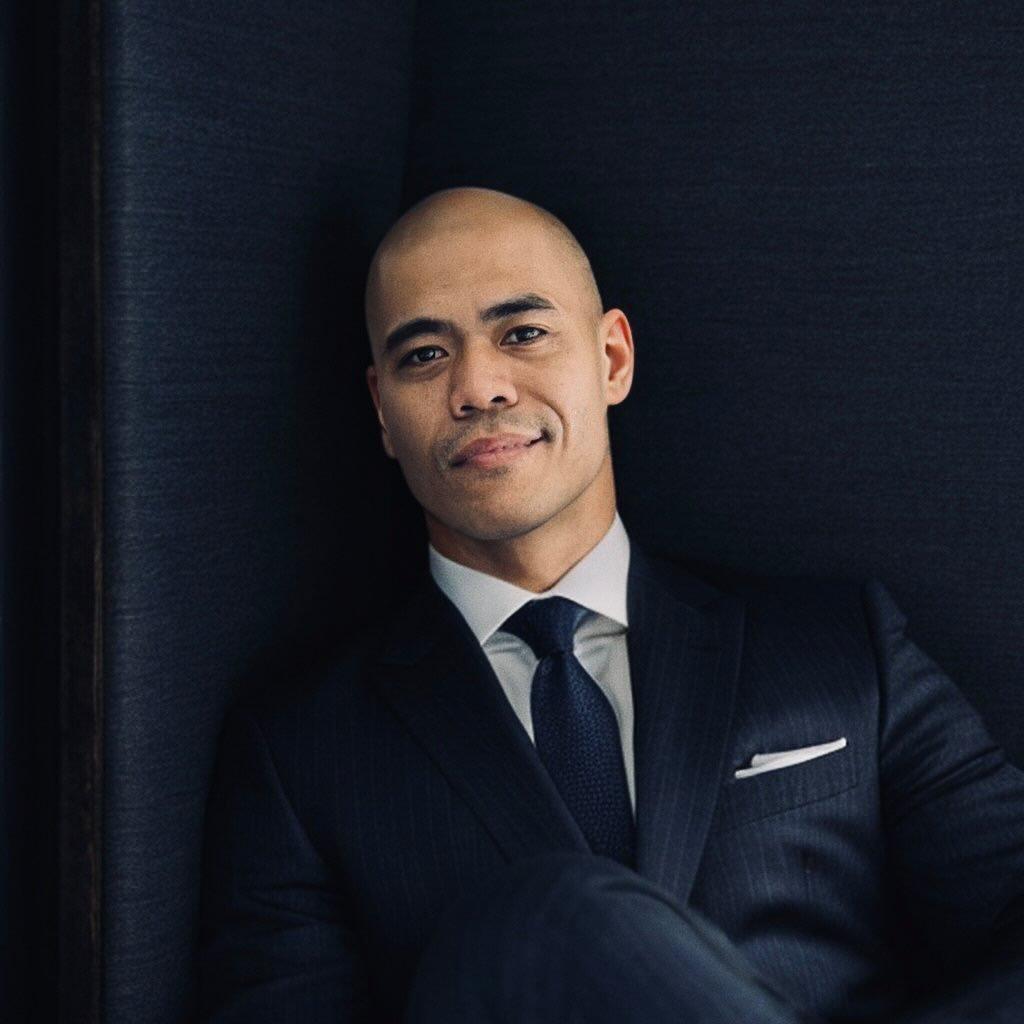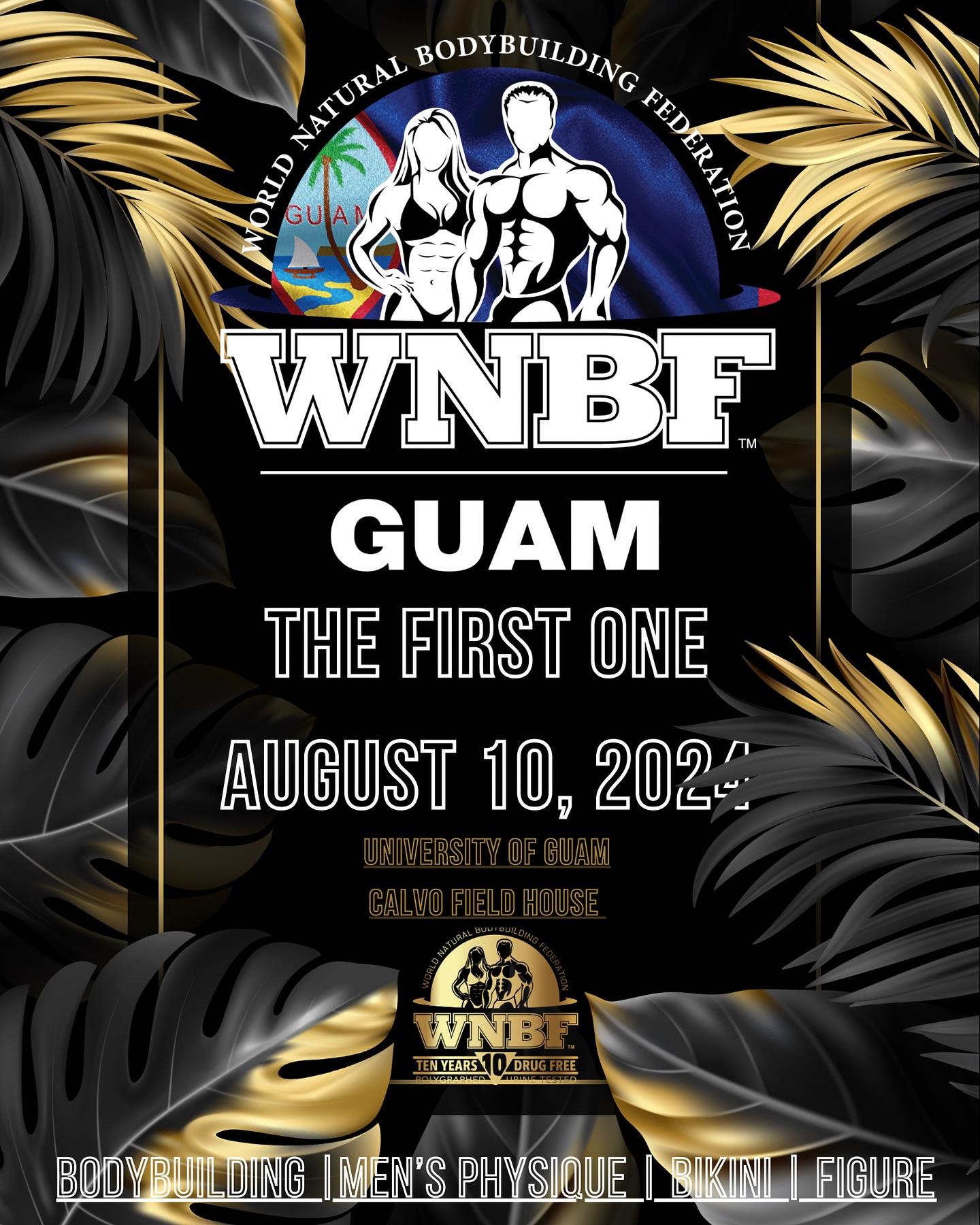“Are you natty?”
Bodybuilding athletes and fans will recognize the question. One normally asks it of men who noticeably pack on rounded muscles – especially on their shoulders – or acne on their backs (colloquially, “backne”) or a deeper voice in a short amount of time. It’s gym slang for, ‘Are you natural?’
Are you taking performance-enhancing drugs? Anabolic and androgenic steroids.
“Anabolic-androgenic steroids are the best-studied class of appearance and performance enhancing drugs (APEDs). APEDs are used to improve appearance by building muscle mass or to enhance athletic performance,” according to a statement by the National Institute of Drug Abuse under the National Institutes of Health.
These types of steroids are illegal in the United States, though many are legal in most countries. They don’t produce a euphoric high, which is associated with recreational narcotics like meth and heroin. The health consequences, however, are of concern.
“Anabolic steroids can cause severe, long-lasting, and in some cases, irreversible damage,” the NIDA says. “They can lead to early heart attacks, strokes, liver tumors, kidney failure, and psychiatric problems. In addition, stopping steroid use can cause depression, often leading to resumption of use.”
The short of it is that steroid-using bodybuilders – while some might become violent at times due to what’s known as “roid rage” – are not itching for their next fix, leaving their families for sex parties, robbing people to afford their drugs, or causing any noticeable societal harm. So, not only does its use typically get excused from the American lexicon of “drug abuse,” but more and more of its users don’t even hide the fact that they are using steroids in the United States. Not even when these bodybuilders are preparing for a competition.
Longtime Guam businessman and bodybuilder Jeff Saavedra wants to encourage “natty” competition, which is why he founded and is growing the Guam Natural Bodybuilding Federation. It is affiliated with the World Natural Bodybuilding Federation, providing Guam’s athletes the golden opportunity to compete directly on the global stage, bypassing U.S. national qualifiers.

“It’s about drug-free bodybuilding,” Mr. Saavedra said, confirming the verification method is a polygraph lie-detector test. “It’s all about being natural.”
The test is administered, when an athlete signs up for a competition. “Once you place top three, they do a urine test and the result is sent off to California to do the lab [work],” he confirmed.
Mr. Saavedra believes the level-playing field will attract a larger local athletic field than its open federation counterpart. “Locally, we’re looking at 50 plus [competitors],” for this year, he said. GNBF confirmed after our interview with Mr. Saavedra that the first competition will take place on August 10, 2024 at the University of Guam Calvo Field House.
But the local pool isn’t all. Because of Guam’s new designation under the WNBF, natty athletes from around the region might be attracted to join the Guam shows, improving the island’s bodybuilding sport profile and creating a sports tourism niche.
“We want to attract Japan, Korea, Singapore, Malaysia, Philippines, and Hong Kong,” he said. “Once you’re a member of WNBF you can compete in any state or any country.”
Whoever wins first place in each category of the competition this year will qualify to compete in the world meet, which this year will be held in Boston. “They usually hold it in the second week of November,” he said. “That’s our main goal here. We want to bring Guam competitors to the world.” Once someone wins first place in any category in the Guam competition, that athlete receives a pro card, which is effective for one year.
The sport itself is expensive for athletes. Bodybuilding requires adherence to diets packed with expensive nutrition, not to mention non-narcotic supplements, gym memberships, and a commitment of time that can cut work hours. The GNBF empathizes with this reality, which is why among its duties will be to raise funds for winning athletes to travel to the global competitions, according to Mr. Saavedra.
As of the interview with Kandit, which took place in January, the GNBF had yet to reach out to Guam Visitors Bureau and the Guam National Olympic Committee – two organizations with deep pockets – for association and financial support.
Contact the GNBF on its Instagram or Facebook pages if you’re interested in joining this year’s competition, or want more information about the sport and the GNBF’s guidelines.




